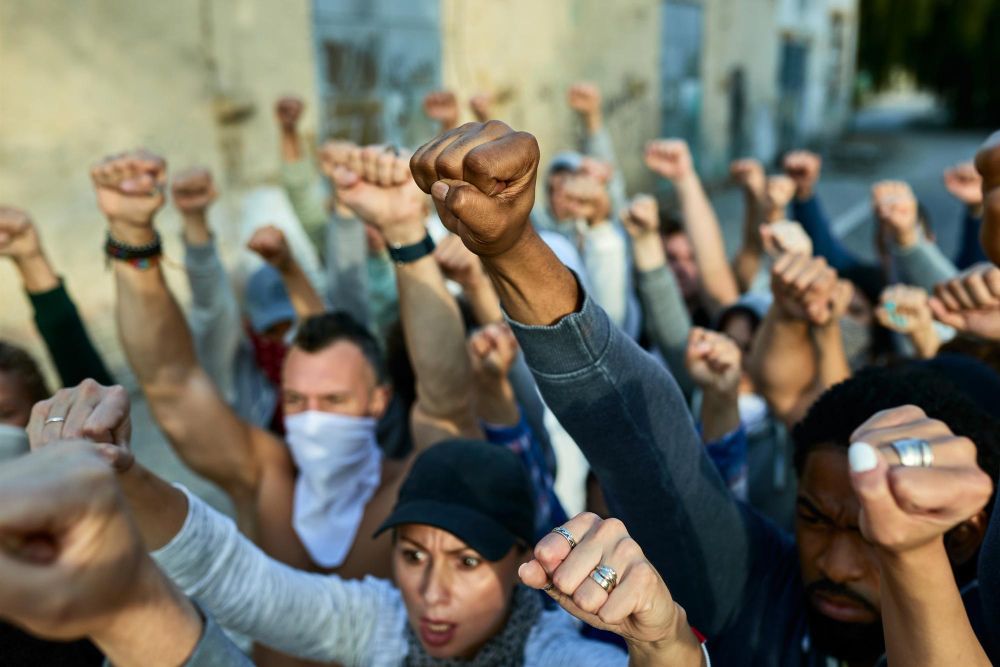
Mar 2, 2023 | Feature articles, News
A special feature by Juan Velez Rojas
For several decades, Colombia has been a dangerous country for human rights defenders (HRDs) to carry out their critical work. Despite government measures to protect them and the signing of the 2016 Peace Agreement, this situation has not changed and may even be getting worse.
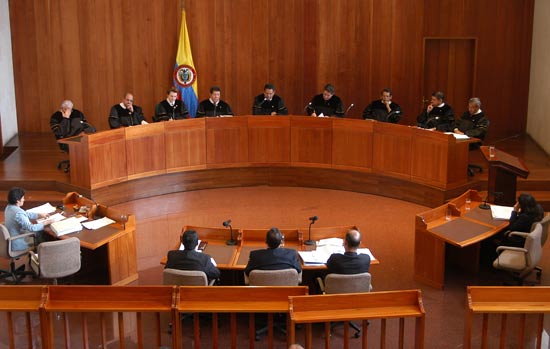
Mar 11, 2022 | News
Today, the Colombian Commission of Jurists (CCJ) and the International Commission of Jurists (ICJ) call upon the Government to respect the judicial independence of the Constitutional Court and take appropriate measures to guarantee the safety, security, and integrity of Constitutional Court’s justices from threats against them.
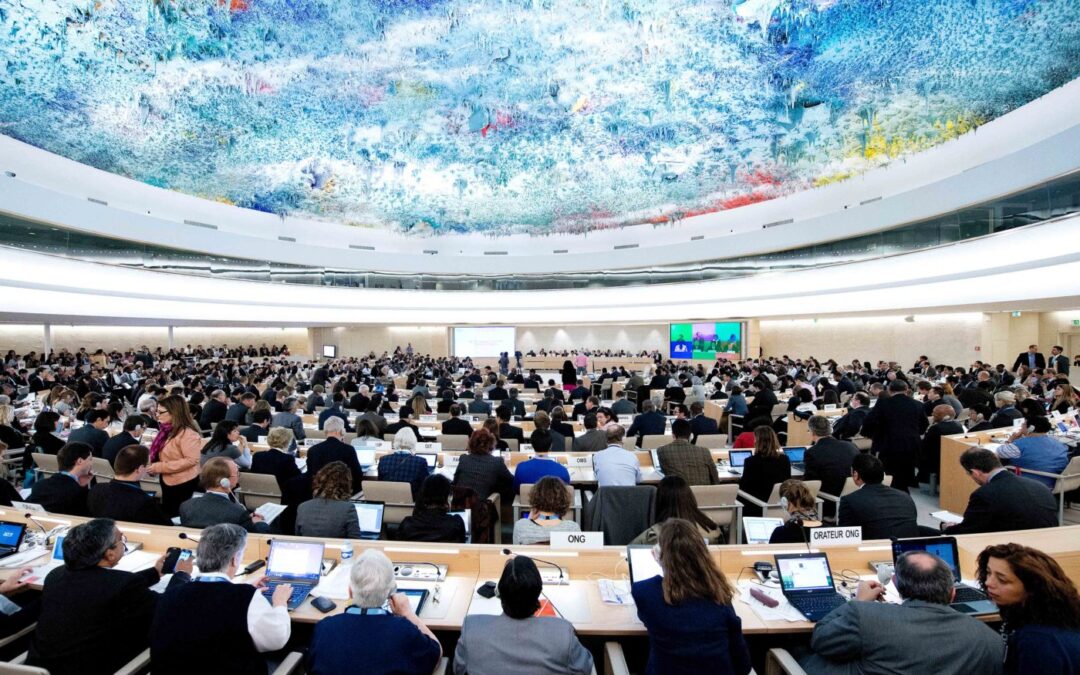
Sep 21, 2021 | Advocacy, Non-legal submissions
The ICJ expressed concern today at the use of abductions in national security cases in Turkey and the enduring impunity for enforced disappearances in certain Latin American countries, during the interactive dialogue with the UN Working Group on Enforced and Involuntary Disapparances at the UN Human Rights Council.
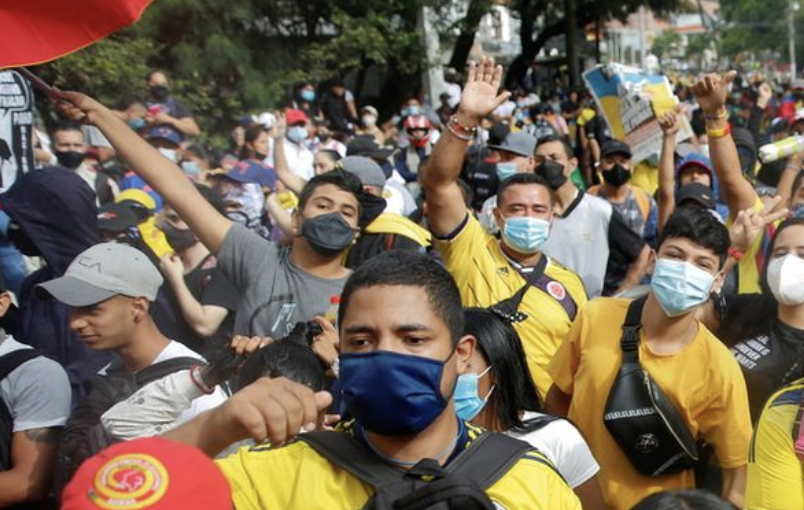
Jul 1, 2021 | Advocacy, Non-legal submissions
The ICJ and the Colombian Commission of Jurists today jointly addressed the UN Human Rights Council in the Interactive Dialogues on the Reports of the UN Special Rapporteur on extra-judicial, summary or arbitrary executions and the UN Special Rapporteur on the rights to freedom of peaceful assembly and of association.
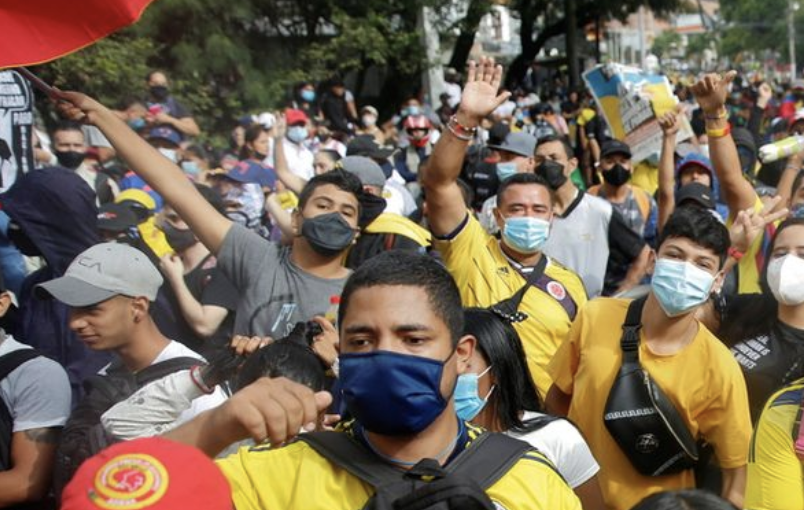
Jun 23, 2021 | Advocacy, Non-legal submissions
The ICJ joined over 300 civil society organisations in a statement to the UN Human Rights Council to express deep concern about the situation of human rights in Colombia during the presentation of the annual report of the UN High Commissioner for Human Rights.
The statement reads as follows:
“Thank you Madam President,
On behalf of the undersigned organisations, we thank the High Commissioner for her annual report, particularly on activities undertaken in Colombia. The situation in the country confirms the need for continued monitoring and provision of technical assistance by her Office
Throughout the eight weeks of mass protests that have spread to different cities throughout the country, we’ve seen killings, excessive use of force, acts amounting to torture and other ill-treatment, enforced disappearances, sexual violence, arbitrary detentions and attacks, including cyber-attacks against those exercising their right to protest, all of which constitute flagrant human rights violations. These violations are taking place in spite of a Supreme Court ruling ordering the security forces to refrain from acting violently and arbitrarily in a systemic manner during demonstrations, and calls by human rights mechanisms to cease these violations.
The protests are rooted in structural demands linked to the respect for human rights, and other concerns including poverty, inequality, growing social injustices, impunity, systemic racism and systematic violence against human rights defenders -including social, campesino, trade union and indigenous leaders and the press. They are also a result of the continued failure to fully implement the 2016 Peace Accord.
We urge the Council to call on Colombia to cease the use of violence and to respect the right to peaceful protest; to independently investigate human rights violations committed in this context; to accept the visit of the Special Procedures; and facilitate the building of social consensus around structural demands.
Finally, we ask the High Commissioner, through her Office in Colombia, to prepare a report on the human rights violations committed during the protests.
Thank you Madam President.”









